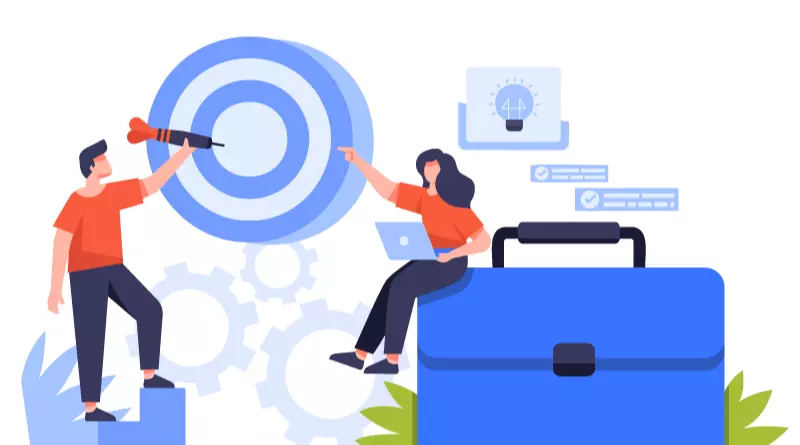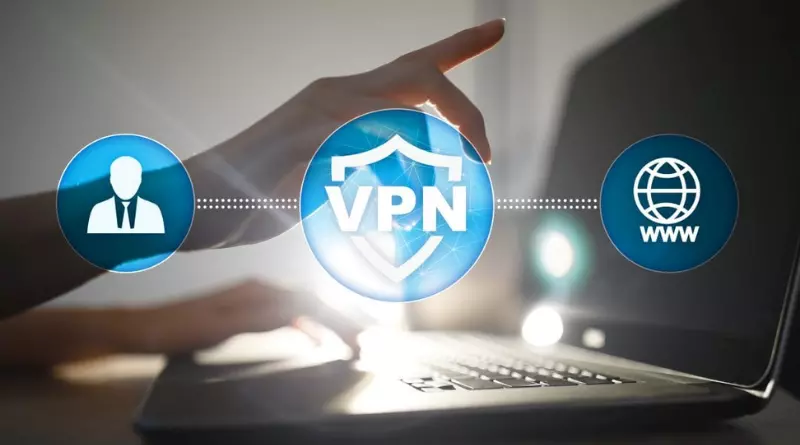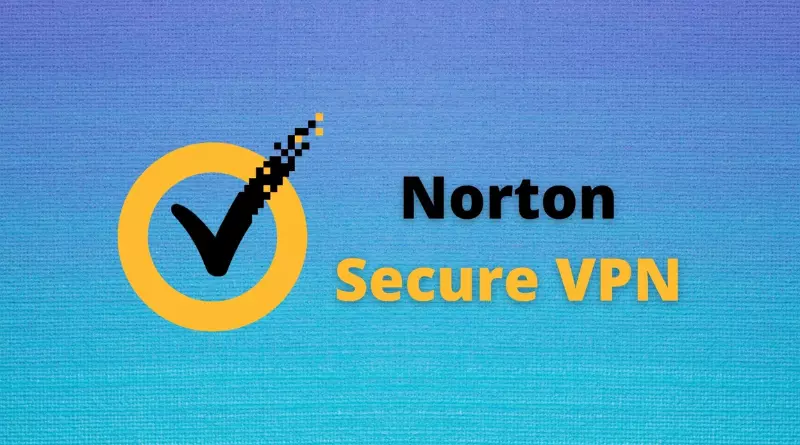Digital Safety Toolkit: Daily Tools for a Safer Digital Experience

In our increasingly interconnected world, it’s alarming to note that certain governments impose restrictions on the internet, leaving people unable to access vital information during crucial times. According to our Internet Shutdown Tracker, in 2022 alone, around 4.2 billion individuals experienced disruptions in their internet access.
Together with Alp Toker, the founder of the internet monitoring organization NetBlocks, we will explore practical solutions to tackle internet issues, such as throttling and large-scale shutdowns. Additionally, we will provide you with a daily safety guide for secure internet browsing, which helps reduce the exposure of your personal information.
What is Internet Censorship?
Internet censorship means controlling or limiting what you can access, post, or see on the internet. It’s often done by governments or private groups in power.
Our Internet Shutdown Tracker reveals which countries restrict internet use, with data spanning from 2015 to now. With information from NetBlocks, we delve into online risks and find the best tools for staying safe online. Keep reading and watch the video below!
What is Internet Throttling?
Imagine this:your internet slows down on purpose, making it tough to even send a simple photo.
That’s internet throttling, when your Internet Service Provider (ISP) deliberately slows your internet, usually under government orders. And when they use SNI (Server Name Indication) filtering, it gets even trickier.
Alp Toker explains, “SNI filtering lets ISPs target specific social media platforms like Youtube, Twitter, TikTok, and Instagram.”
In 2019, during a live speech by Juan Guaidó, an opposition leader to Venezuela’s President Nicolás Maduro, disruptions in YouTube streaming were clear. This shows how this tech can stop people from accessing information.
Combating internet throttling
The first step in dealing with internet throttling is awareness. Services like NetBlocks keep a close eye on global internet restrictions and provide real-time updates on possible throttling.
If you’re already experiencing these restrictions, technology can come to the rescue. A VPN (Virtual Private Network) can help bypass these limitations by redirecting your internet connection through a different country. This hides the type of service you’re trying to access from your Internet Service Provider (ISP).
But internet throttling is just one part of the problem compared to what some authoritarian governments do to limit internet access.
Staying Connected During Internet Shutdowns
Imagine facing not just throttling but a complete internet shutdown. These blackouts disrupt daily life, affecting phone services, banking, and healthcare. Usually ordered by governments, these shutdowns can block internet access in specific areas or entire countries.
So, how can you stay connected when things get tough? There are a few options, but it’s essential to understand that they come with risks.
1.Modems:
Modems, while limited, can be vital during internet shutdowns. They can still transmit important information, maintaining some level of connectivity even with reduced functionality.
2.Satellite Internet:
In many areas, satellite internet might also face restrictions during shutdowns. However, it remains a valuable resource for those affected, providing access to the internet by bypassing local networks.
3.Cross-Border Travel:
Traveling to a region with active internet access could be a potential solution. This allows people to stay connected, access vital information, and coordinate assistance or resources. But it’s crucial to consider safety and feasibility.
4.International SIM Cards:
Switching to an international SIM card can be a way to bypass local restrictions and stay online. Often, international SIM cards remain active when local services are disrupted.
Everyday Safety Kit: Embracing Privacy and Security
While not everyone may be immediately worried about internet restrictions, censorship, or complete shutdowns, the need for online privacy and security applies to us all. Here are some simple daily steps to safeguard your data and make your online life more secure.
Digital Safety Practices:
Check Location Permissions:
Many apps request access to your location. Take a close look and adjust these permissions to avoid sharing more information than necessary.
Delete Unused Apps:
Even apps you downloaded for one-time use can collect data. Regularly review and remove these apps to minimize data collection.
Choose a Secure Browser:
Some pre-installed browsers may not prioritize user privacy. Opt for a browser that emphasizes safety, offers incognito mode, and doesn’t track your online activities.
Utilize Local Networks:
While cloud services are convenient, they often share data with third-party providers. Consider using a local file-sharing network to maintain control over your data.
Conclusion: Your Digital Safety Is Important
At Surfshark, we’re committed to fighting internet censorship and advocating for internet freedom. In a world where online dangers are ever-present, staying informed is essential. We urge you to stay vigilant and make informed choices while navigating the digital landscape. Our Digital Survival Kit is here to assist you in this “always-on” era, serving as your trusted guide.




